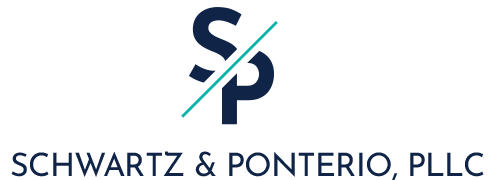In music, sampling is often done. It’s when one party takes a portion of another sound recording and uses it as an element or instrument of a new song. Usually, a sampler is used to select the recording. Samplers are usually computer programs or specific pieces of hardware used for this purpose.
Sampling has been used for many generations across genres. The question is, though, if it’s legal. Sampling is a part of mainstream culture, but copyright laws can easily be violated if the samples aren’t taken and used correctly.
Can you sample a piece without the original musician or song writer’s permission?
You can, but you risk the owner of the intellectual property suing you. In an influential case for the music industry, referred to as the Bridgeport case, a judge stated that it’s important to get a license for the music. If you can’t, then you should not sample it. While there has long been a myth that you could use a certain portion of a song without infringing a copyright, the court disagreed, making it so even a second of a sound recording being used without licensing was infringing on the owner’s copyright.
The one loophole in the U.S. is the idea of fair use. So, you can quote some copyrighted works if it will be recontextualized, commented on or criticized. In those cases, the use of the media wouldn’t be considered copyright infringement.
Today, there are entire sample libraries that people can browse when they’d like to purchase samples. The trouble with them is that most samples are created by house bands, session musicians or sample artists, so the music some people want to use won’t be available there.
What should you do if you believe that someone sampled your music without permission?
If someone takes your music and samples it without permission, you may be in a position to file a claim against them. However, there are also other possibilities. For example, you could ask for a portion of royalties or ask them to pay you for the sample that they used.
If your work has been sampled without your permission, it’s smart to speak with an attorney about the case. Depending on how it was used, the sample may be used legally by the other party. Copyrights and sampling are complicated, so it is worth the time to get a professional opinion on your case.


